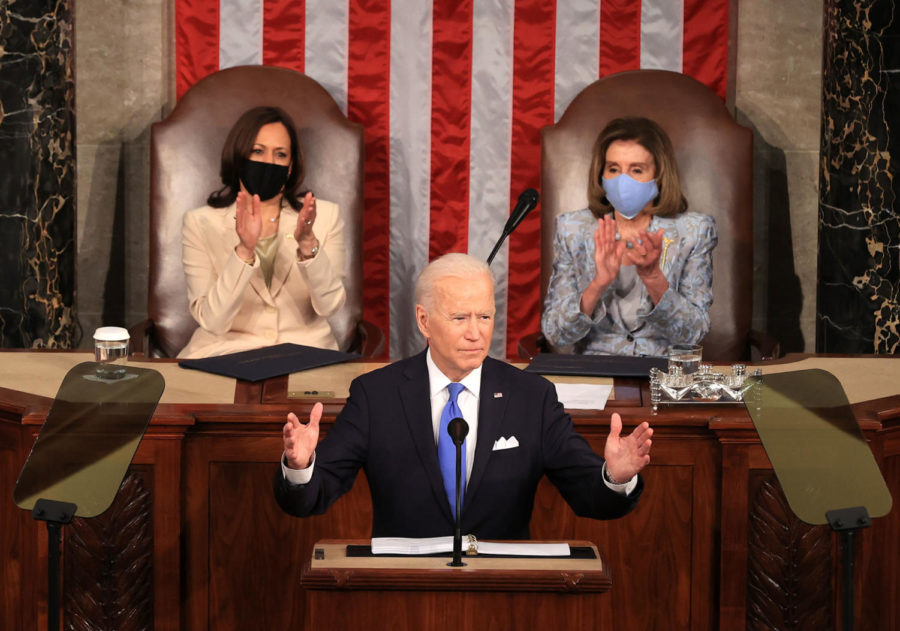The Biden administration announced in March an estimated $2 trillion infrastructure spending proposal, which is ironically called The American Jobs Plan. The administration characterizes the plan as “an investment […] that will create millions of good jobs” and “unify and mobilize the country to meet the great challenges of our time.” One would hope President Biden’s infrastructure plan would place priority on items that are absolute necessities and propose realistic cuts elsewhere in order to pay for them. But they’d be wrong.
With a $2 trillion price tag — which completely dwarfs the roughly $11 billion (about $206 billion today when adjusted for inflation) spent on the Works Progress Administration of FDR’s New Deal — Biden’s infrastructure plan revives the old tax-and-spend model of government waste and drastically stretches the meaning of infrastructure to include massive government subsidies for political allies.
Roads and bridges are commonly what comes to mind for most Americans when they think of conventional infrastructure projects. However, the Biden administration seeks to expand the definition of infrastructure to include electric vehicle charging stations, home care services, broadband internet access, combating climate change, expanding the power of unions, and low-income housing projects, to name a few. Put simply, the administration believes spending massive amounts of money on politically controversial Democratic social projects is an effective means to “unify” the country. It’s reasonable to assume the plan’s redefinition of infrastructure hardly scratches the surface of everything that could be redefined as such in the future.
In order to fund this wishlist of social projects, Biden’s plan calls for a massive corporate tax hike (from the current 21% to 28%) and a minimum corporate tax rate of 21%. Despite the administration’s erroneous claim that this tax hike will raise roughly $2 trillion over the next decade by forcing corporations to pay their “fair share,” it will harm economic growth and discourage private sector investment into the same infrastructure projects the proposal seeks to fund.
Taxing and spending in this fashion also creates a massive circle of waste and corporatism. A corporation that owns and invests in broadband internet infrastructure, for example, will spend less on investing in and maintaining that infrastructure due to the tax increase. The federal government will then subsidize that very same corporation by investing in their infrastructure instead. The blatantly obvious problem with this model of wasteful spending is that these federal subsidies will be paid for by all corporations (and inevitably passed down to American workers and consumers), while only a favored few will benefit. While the end goal may be noble, the means are sinister.
This proposal by the Biden administration is simply another chapter in Washington’s spending addiction. It embraces the massive tax-and-spend model responsible for the ever-increasing national debt (which currently stands at over $28 trillion) and facilitates a corrupt version of the trickle-down economic model. Americans should reject this entire proposal in favor of something that focuses solely on actual infrastructure instead of social projects and a $2 trillion tax hike that will harm most working people. Given the astronomical amount spent on several pandemic relief packages in the past year, it would even be admirable to reject any spending on infrastructure that isn’t absolutely necessary.


